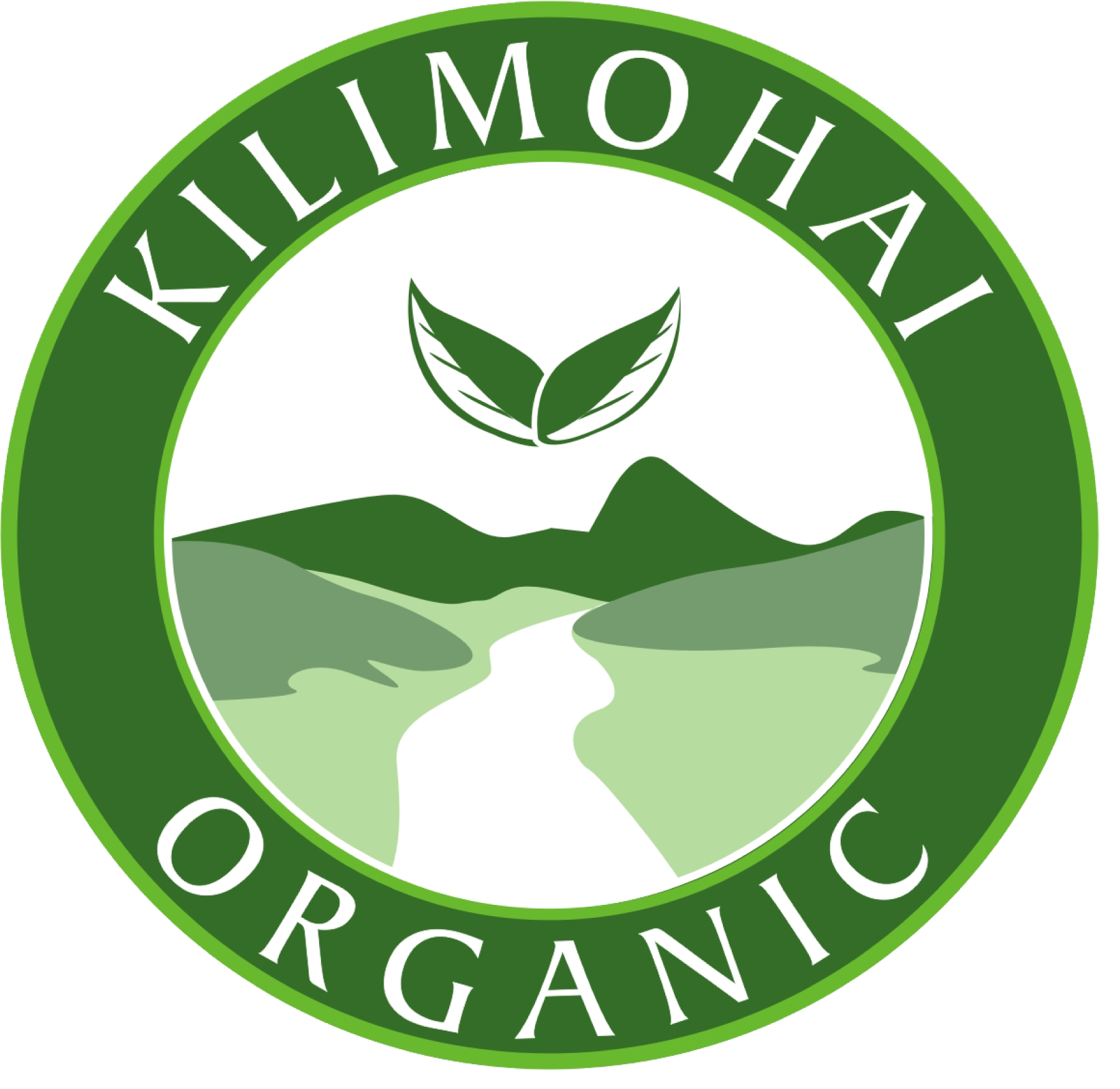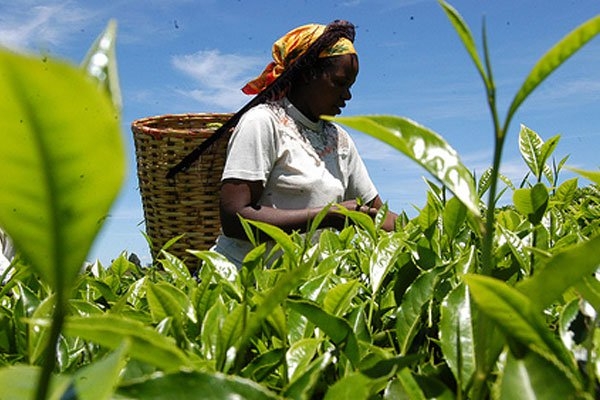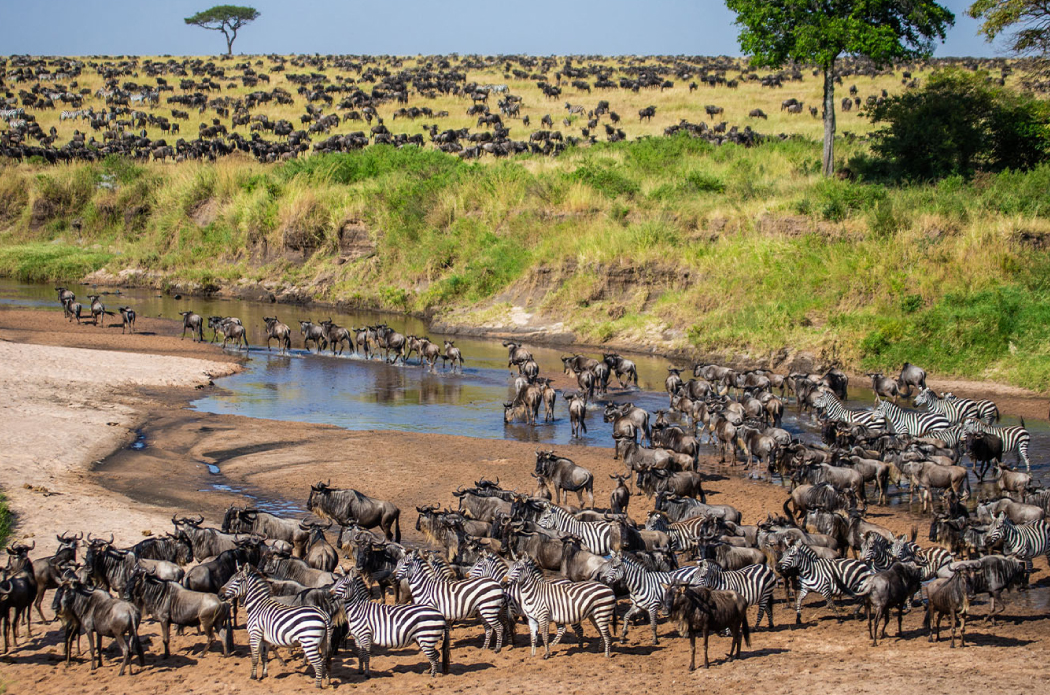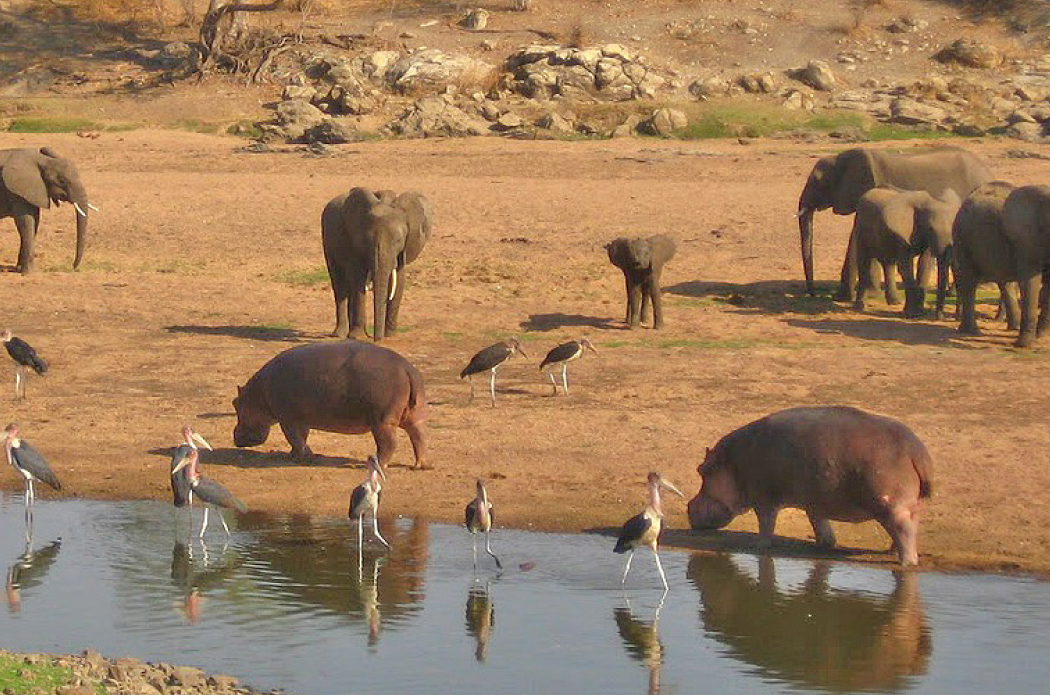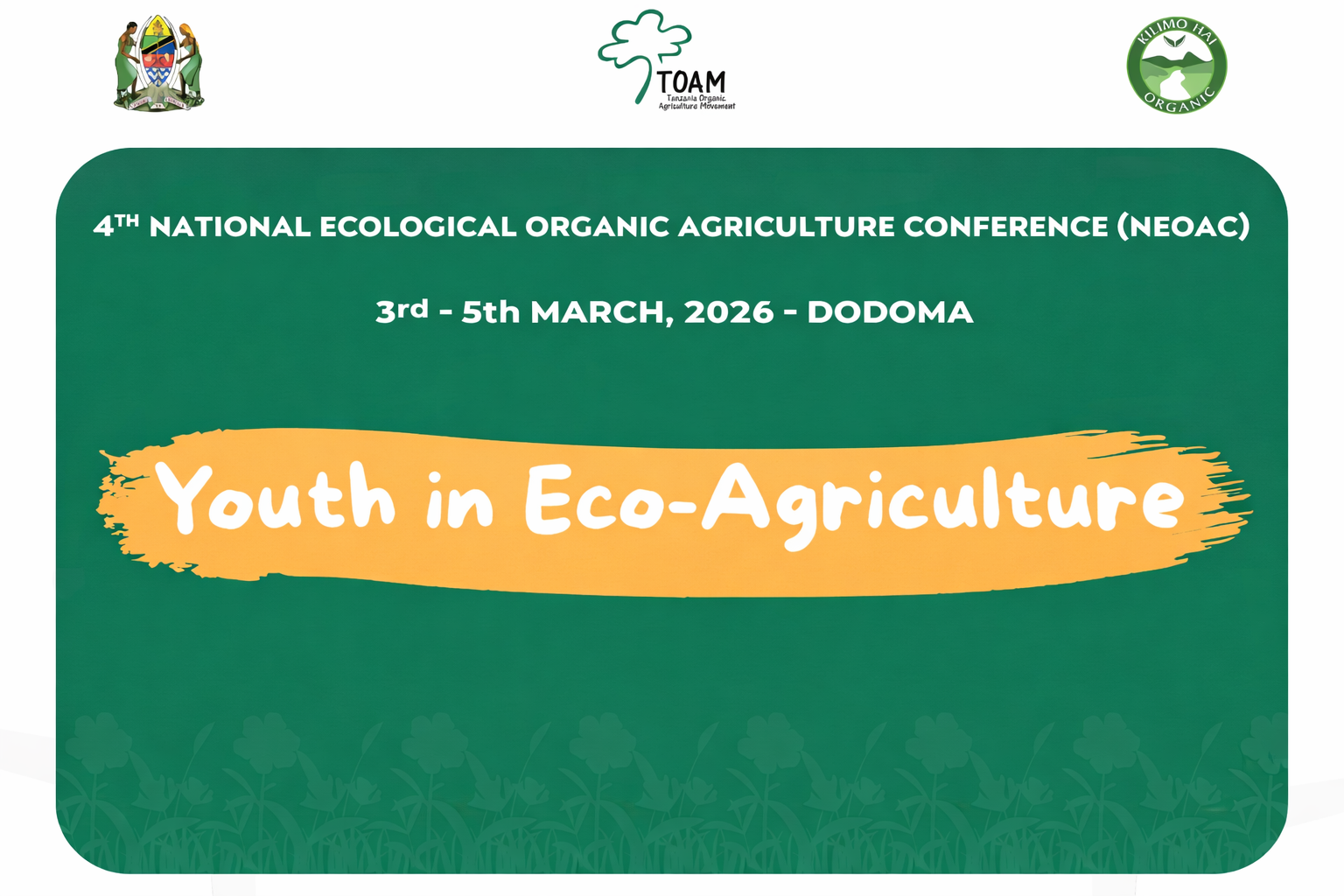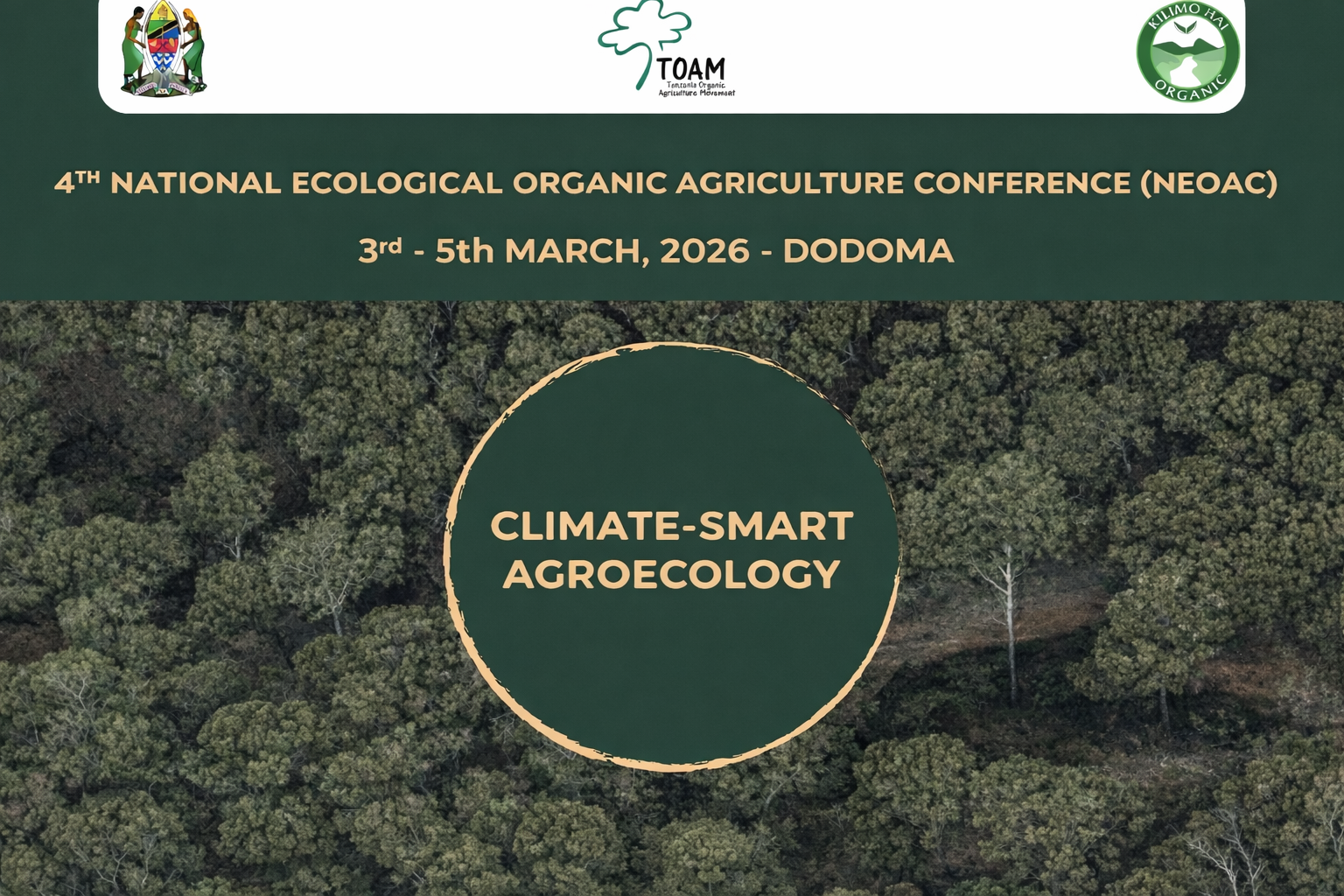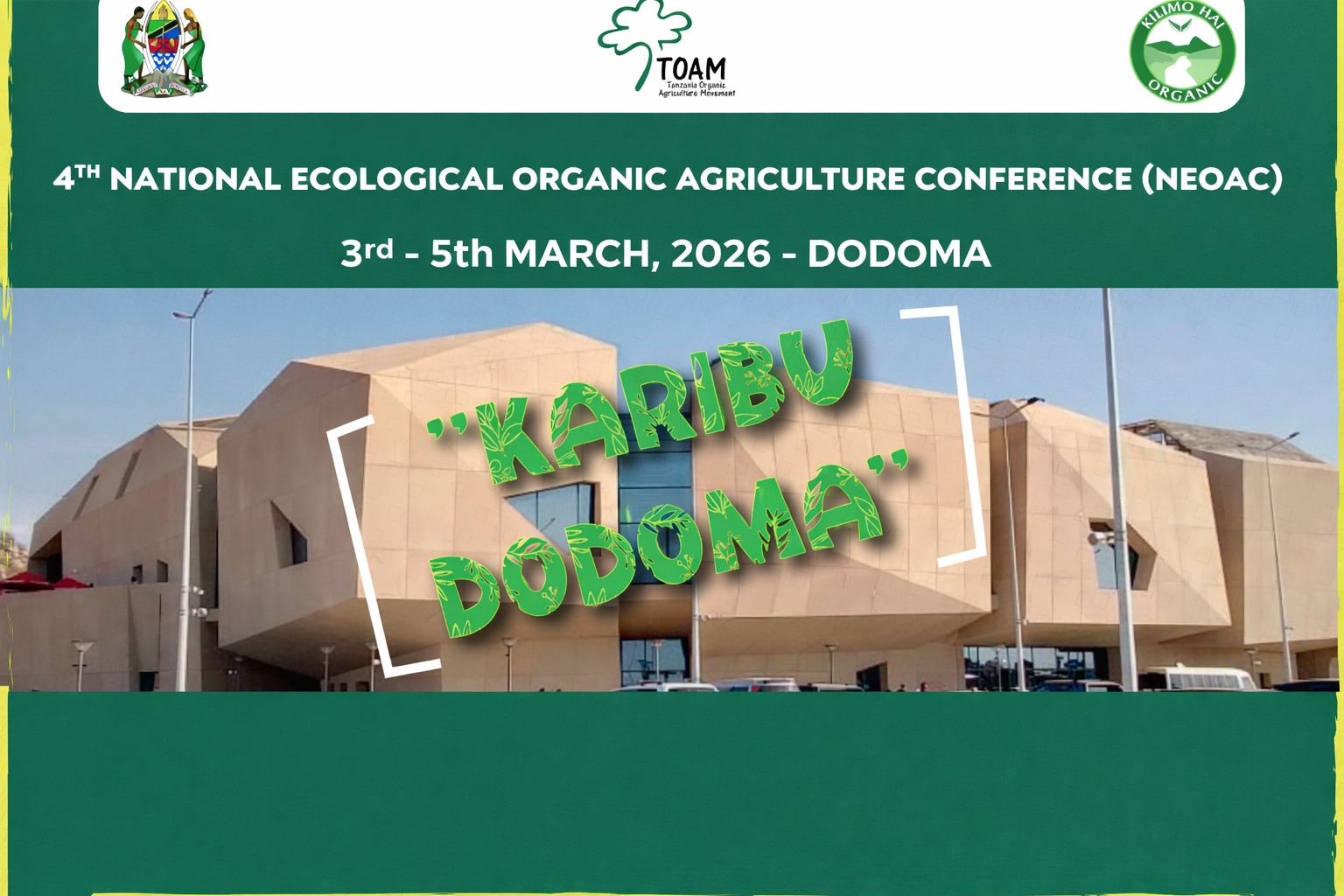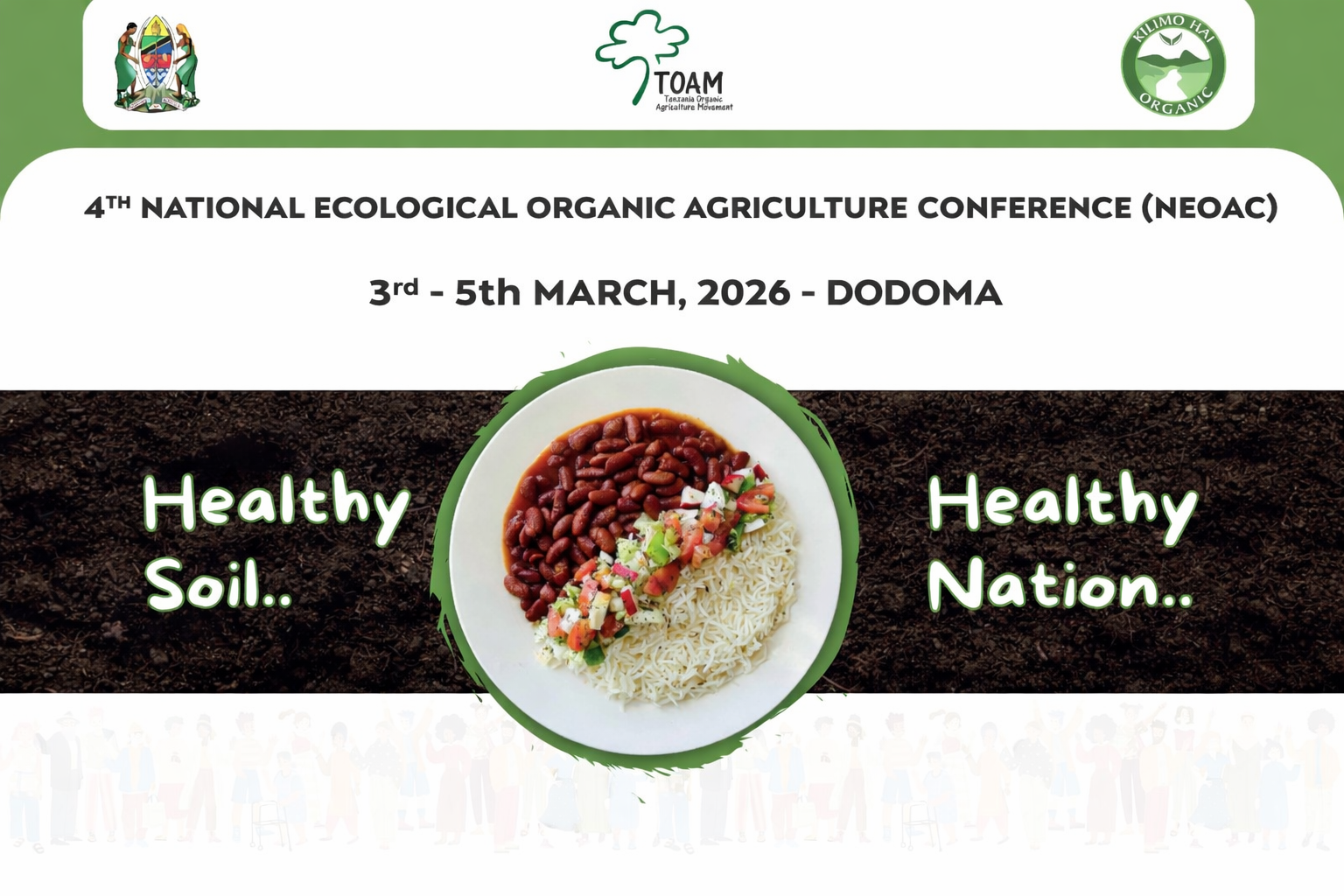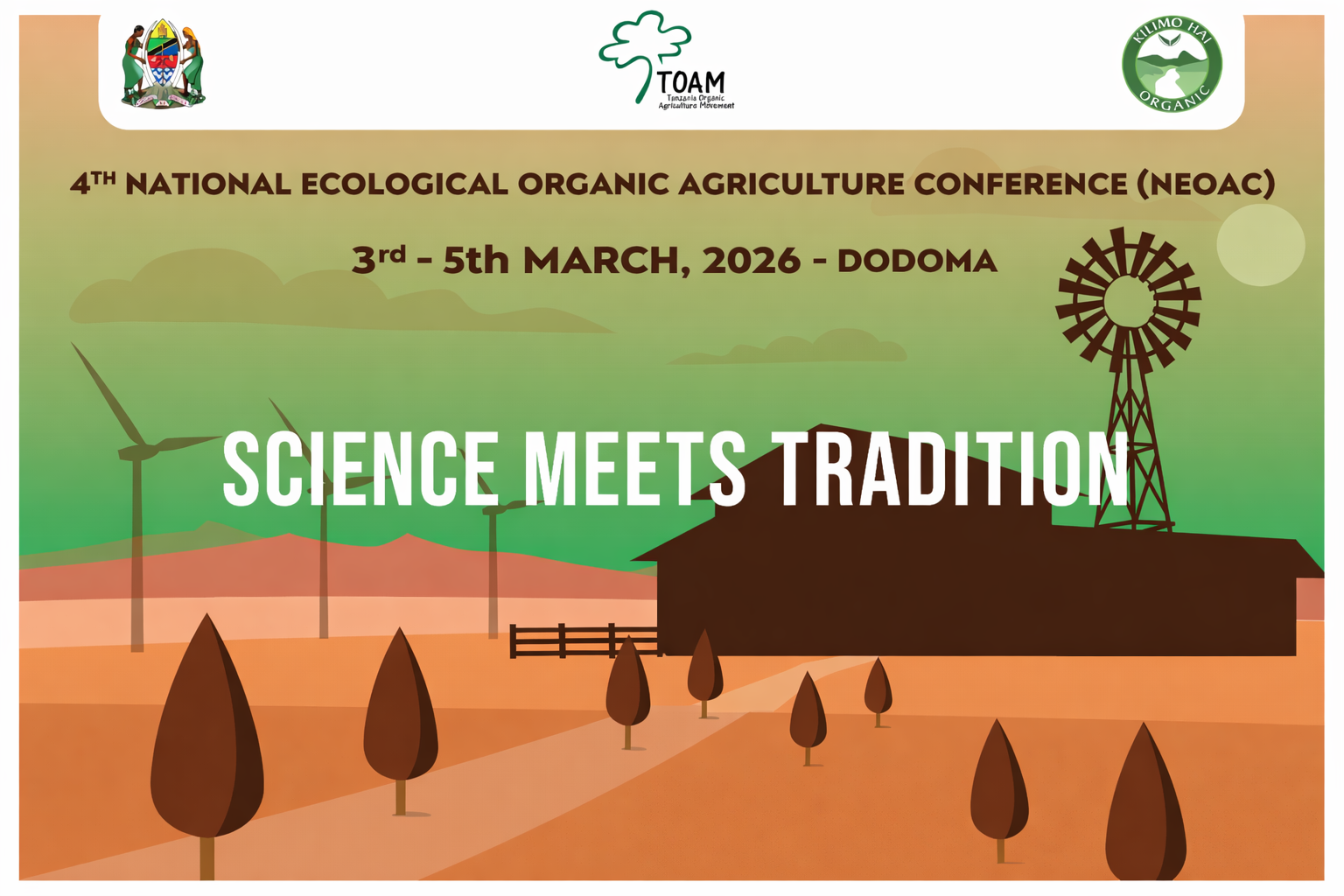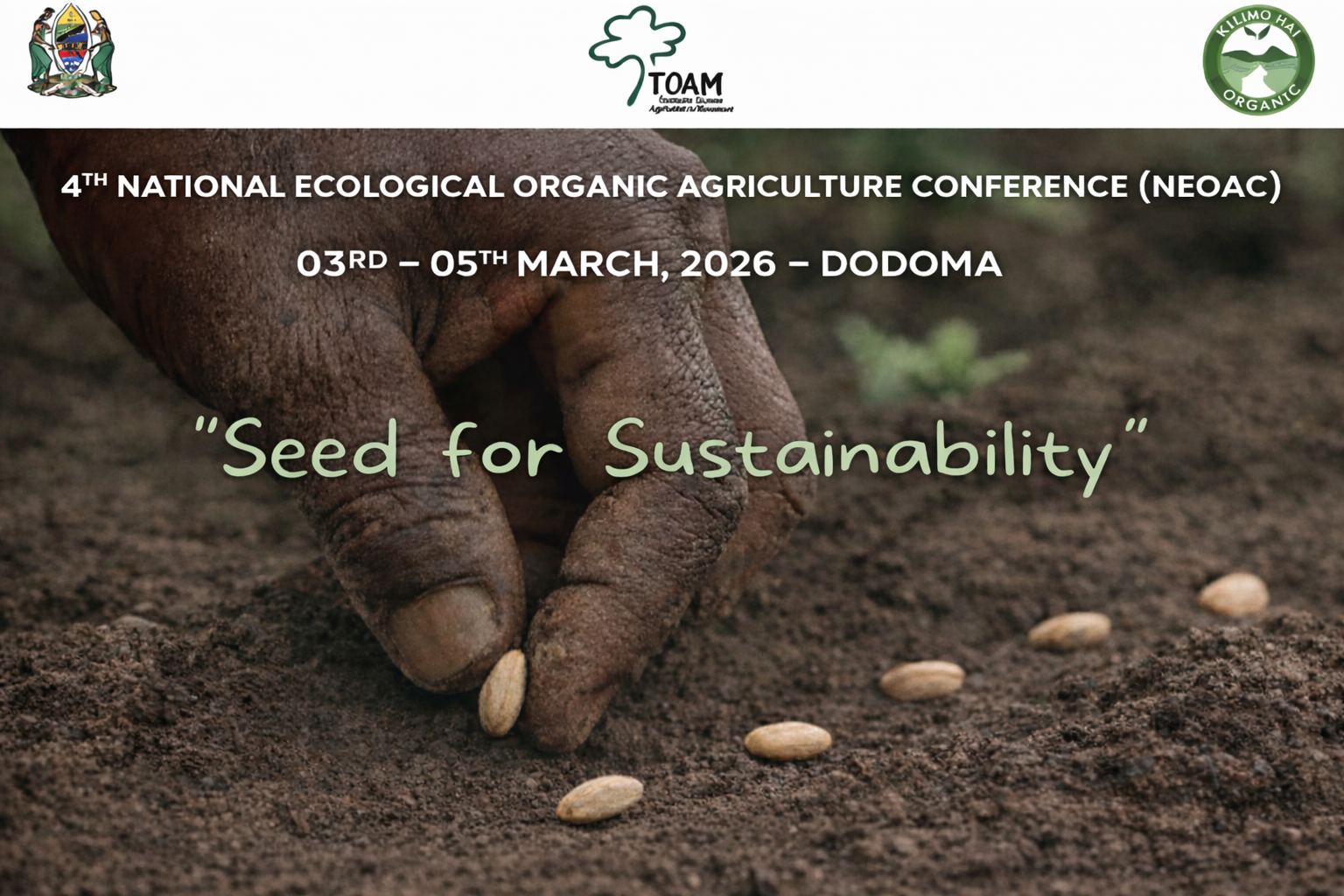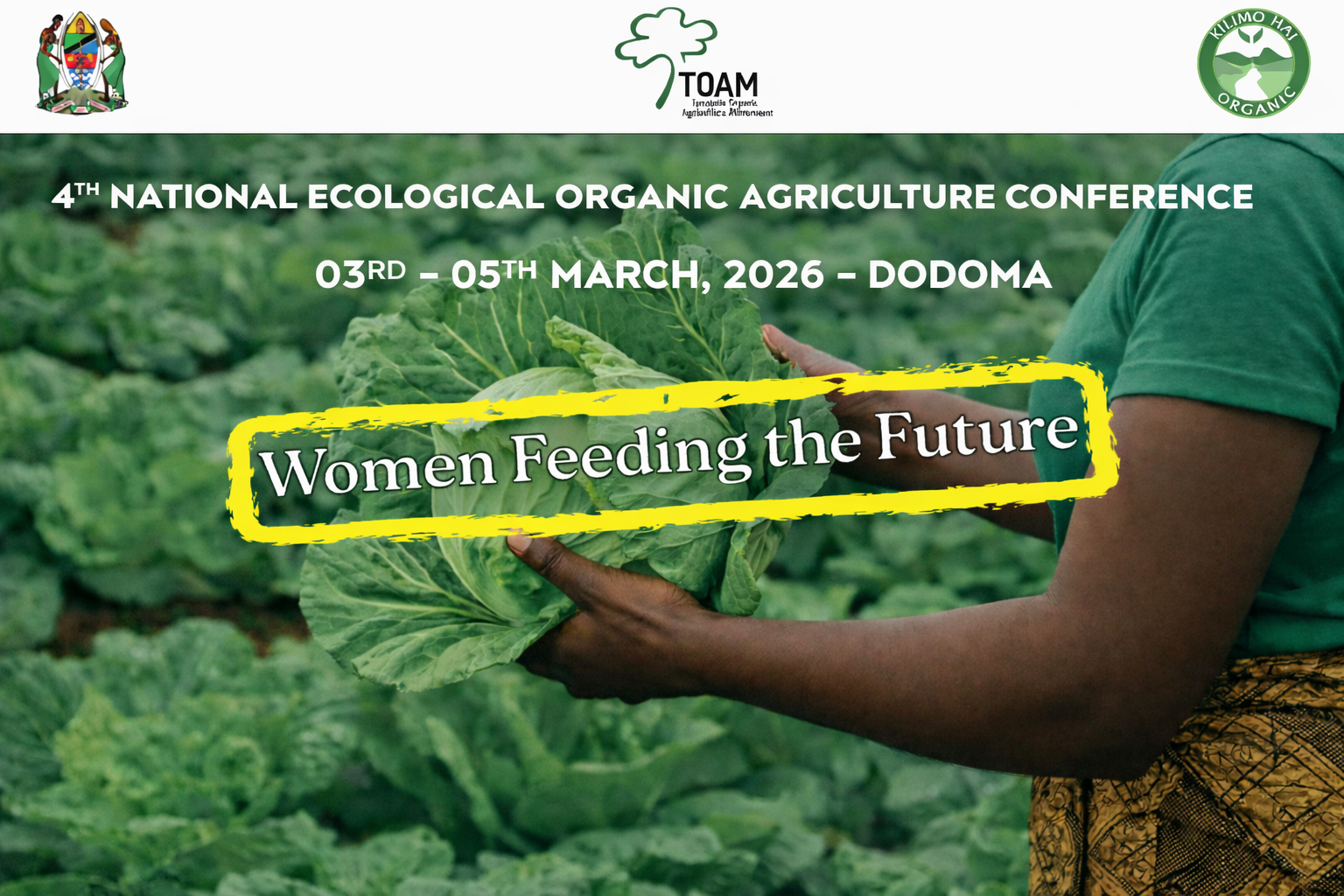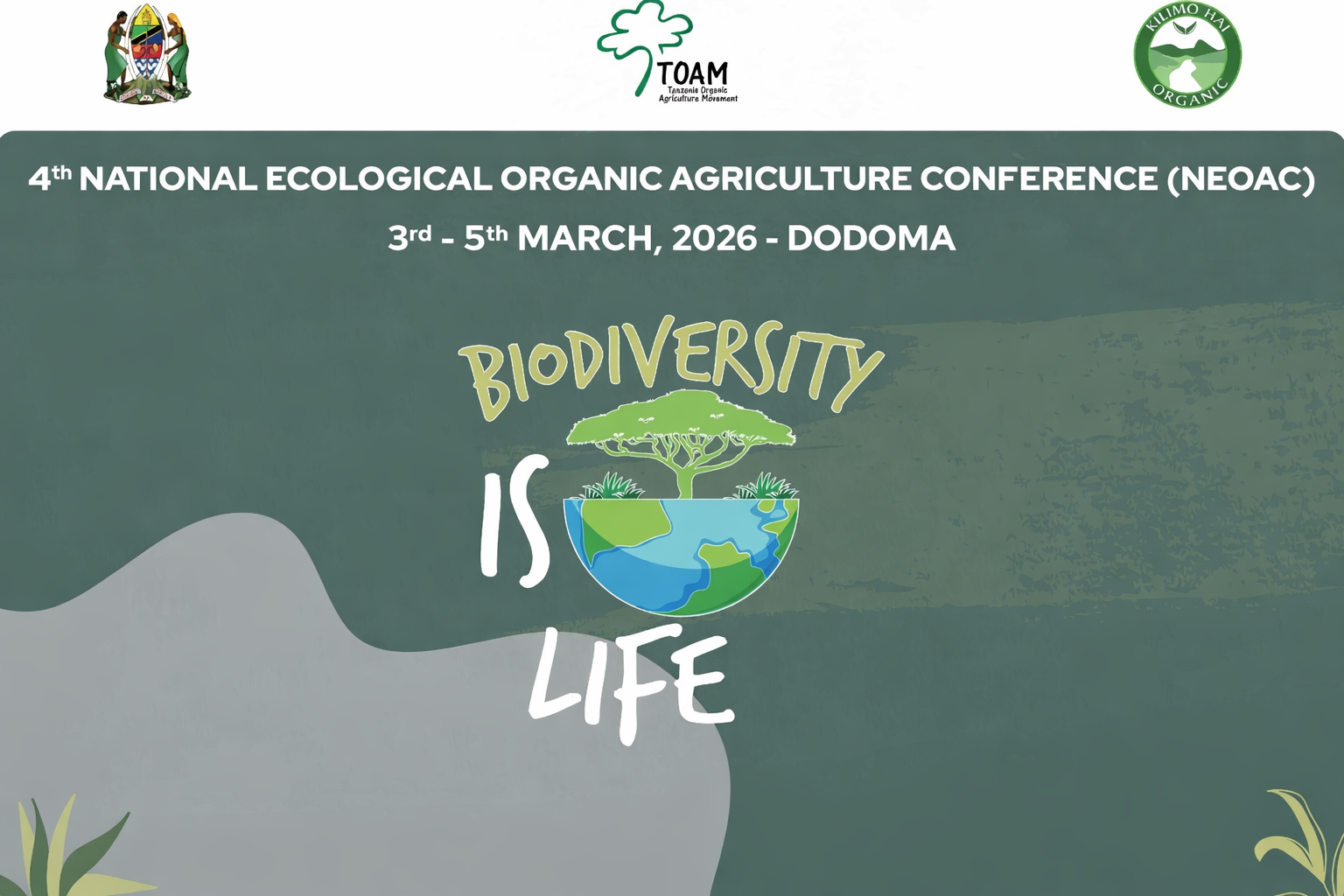Summary
Professor Sibuga holds a PhD in Crop Science from the University of Nairobi
and has a distinguished academic career, having lectured at both the
University of Dar es Salaam and Sokoine University of Agriculture (SUA).
Her work focuses on research and outreach, with active collaboration
with national and international partners.
Agroecology Leadership
Her profound involvement in agroecology began in 2014, where she led
a multidisciplinary team under the DANIDA-supported Building Stronger
Universities (BSU) programme at SUA until 2023. A landmark achievement
of her leadership was spearheading the development of a PhD Agroecology
curriculum, accredited by the Tanzania Commission for Universities and
successfully implemented at SUA since the 2019/20 academic year.
Research & Projects
Since 2017, Professor Sibuga has coordinated SUA’s participation in a
collaborative research agreement with Swissaid (Tanzania) on the
“Research & Advocacy for Agroecology” project. Now in its third phase
(running until 2027), the initiative has played a critical role in advancing
agroecology, strengthening research capacity, and generating new technologies.
Through this project, she has overseen full scholarships for five PhD students
(two of whom have graduated) and provided significant academic support
to four MSc students.
Networks & Engagement
- AE Hub of Tanzania (SUA)
- Research for Agroecology Network Southern Africa (RAENS)
-
Regional Multi-Actor Network for Agroecology in East Africa (RMRN-EA)
-
Joint Learning for Food Security, Extension, Agroecology and Rural
Transformation (NORPART-EAT)
Publications & Consultancy
Professor Sibuga has made extensive scholarly contributions through
peer-reviewed journal articles, conference proceedings, and book chapters.
She is co-author of one book and has contributed chapters to five others,
with a strong focus on supporting smallholder farmers in organic crop
cultivation in East Africa.
As a seasoned consultant, she has provided expertise in agronomy,
crop management, training, and evaluation to numerous national and
international clients, including SIDA, USAID, the World Bank, and
the Government of Tanzania.
Leadership & Service
In addition to her academic and research roles, Professor Sibuga serves
on various national and international committees, Boards of Directors,
and Advisory Committees. She is a sought-after speaker on critical
agricultural and agroecological topics and currently holds the prestigious
position of President and Chair of the Executive Committee,
Crop Science Association of Tanzania (2022 – 2025).








